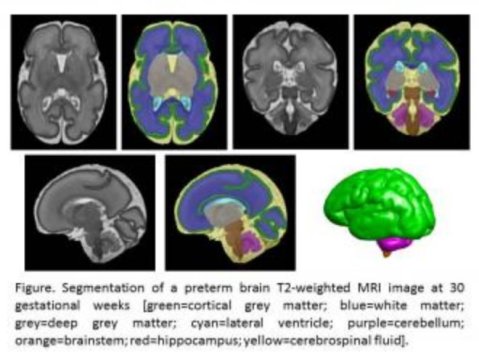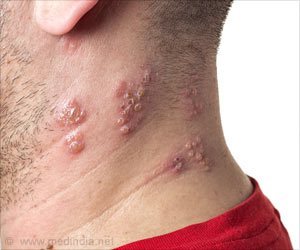Dietary lipids, already an important source of energy for tiny preemies, also provide a much-needed brain boost by significantly increasing global brain volume as well as increasing volume in regions involved in motor activities and memory, according to research presented during the Pediatric Academic Societies 2019 Annual Meeting. “Compared with macronutrients like carbohydrates and proteins, lipid intake during the first month of life is associated with increased overall and regional brain volume for micro-preemies,” says Catherine Limperopoulos, Ph.D., director of MRI Research of the Developing Brain at Children’s National and…
Read MoreAuthor: Tom Patriot
It’s OK to indulge once in a while, study suggests: The body adapts to occasional short-term overeating
Overeating has been found to impair blood sugar (glucose) control and insulin levels. A new study suggests that the duration of a bout of overeating can affect how the body adapts glucose and insulin processing when calorie intake increases. The article is published ahead of print in the American Journal of Physiology — Endocrinology and Metabolism. Obesity and type 2 diabetes have increased significantly worldwide within the past 30 years. Lifestyle factors such as overindulging in high-calorie foods play a large role in the development of these two serious health conditions.…
Read MoreHailey Bieber Claps Back at Critics Who Called Her “Too Tan”
Hailey Bieber has been working overtime to address her critics, and unlike her, haters don’t seem to take a vacation. This past weekend, Hailey and Justin Bieber soaked up the sun on vacation in the Bahamas — but according to her critics, she got a little too bronzed. Her fair skin was looking, well, tan, and fans felt the need to comment on her new summer skin tone. Bieber addressed the criticism with a selfie posted to her Instagram Story, in which her new tan is on full view. “So today the internet is…
Read MoreDermcidin may play role in the pathogenesis of skin disease hidradenitis suppurativa
Dermcidin, an anti-microbial peptide normally found in human sweat, may play a role in the pathogenesis of this chronic skin disease hidradenitis suppurativa (HS), according to a research team from the George Washington University (GW). Their findings were recently published in Clinical and Experimental Dermatology. HS is a chronic, recurrent inflammatory disease of the apocrine sweat glands, which impacts 1%-4% of people and is most prevalent in young adults. There are several treatments to help alleviate symptoms, however there is no known cure for the disease. “Until now, the molecular drivers…
Read MoreAmazing Swimming Pool Inventions
https://www.youtube.com/watch?v=BHindX0gcTk
Read More




